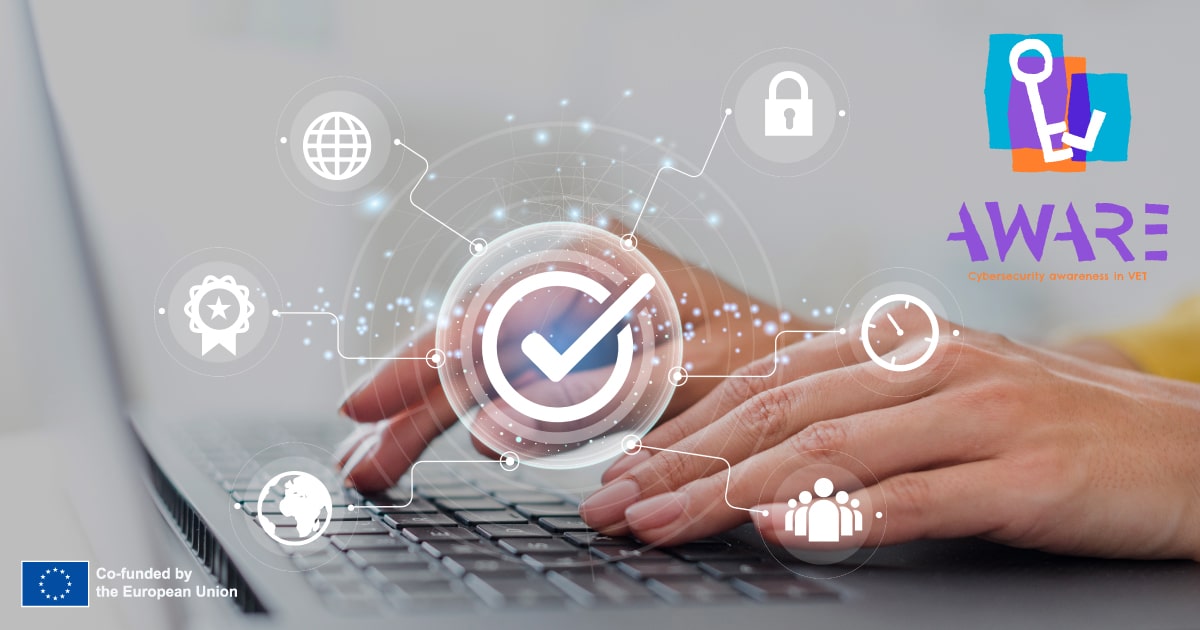In our increasingly digital world, cybersecurity has become a critical aspect of our everyday lives. From the moment we wake up and check our smartphones to the time we go to bed and turn off our laptops, we are constantly connected to the internet. This interconnectivity brings immense benefits, but it also exposes us to various online threats and vulnerabilities. In this article, we will explore the importance of cybersecurity and how it impacts our daily activities and overall well-being.
The Main Keyword: Cybersecurity
What is Cybersecurity and Why is it Essential?
Cybersecurity refers to the practice of protecting devices, networks, and data from digital attacks, unauthorized access, and damage. It encompasses various techniques, technologies, and measures that safeguard our online presence and ensure our information remains secure. With the increasing dependence on digital platforms for communication, entertainment, and work, cybersecurity has become indispensable in safeguarding our personal and professional lives.
The Role of Cybersecurity in Our Everyday Life
Protecting Personal Information
In today’s interconnected world, personal information has become a valuable asset for cybercriminals. Whether it’s our email credentials, banking details, or social media accounts, cyber threats are constantly lurking to exploit vulnerabilities and gain unauthorized access. Effective cybersecurity measures can protect our personal information from being compromised, ensuring our privacy and preventing identity theft.
Securing Financial Transactions
With the rise of e-commerce and online banking, financial transactions have shifted from physical interactions to virtual platforms. This convenience comes with its fair share of risks. Cybersecurity plays a vital role in securing our financial transactions, protecting our bank accounts, credit card information, and digital wallets from falling into the wrong hands. Without robust cybersecurity measures, we would be exposed to the risks of fraudulent activities and financial loss.
Safeguarding Digital Assets
From precious family photos to critical work documents, our digital assets are invaluable. Cybersecurity helps safeguard these assets by protecting against data loss, unauthorized access, and malware attacks. By implementing strong firewalls, regular software updates, and secure online storage practices, we can ensure the longevity and security of our digital possessions.
Preserving Online Reputation
In today’s interconnected world, our online reputation can have a significant impact on both our personal and professional lives. Cybersecurity ensures that our online presence remains intact and untainted. It guards us against hacking attempts that aim to tarnish our reputation, whether through unauthorized access to our social media accounts or the spread of false information. By investing in cybersecurity, we can protect our image and maintain our credibility in the digital sphere.
Enhancing National Security
Cybersecurity is not limited to individuals alone; it has far-reaching effects on national security as well. Government agencies, military organizations, and critical infrastructure are primary targets for cyber attacks. By implementing robust cybersecurity measures, nations can protect themselves from both internal and external threats. Safeguarding national security involves securing critical infrastructure, sensitive government information, and preventing cyber espionage. The importance of cybersecurity in this context cannot be overstated.
In today’s digital age, where we rely heavily on technology for communication, entertainment, and work, cybersecurity has become indispensable. It plays a crucial role in protecting our personal information, securing financial transactions, preserving our digital assets, maintaining our online reputation, and enhancing national security. As we navigate the complexities of our interconnected world, prioritizing cybersecurity measures becomes essential to ensure a safe and secure online experience for everyone.






